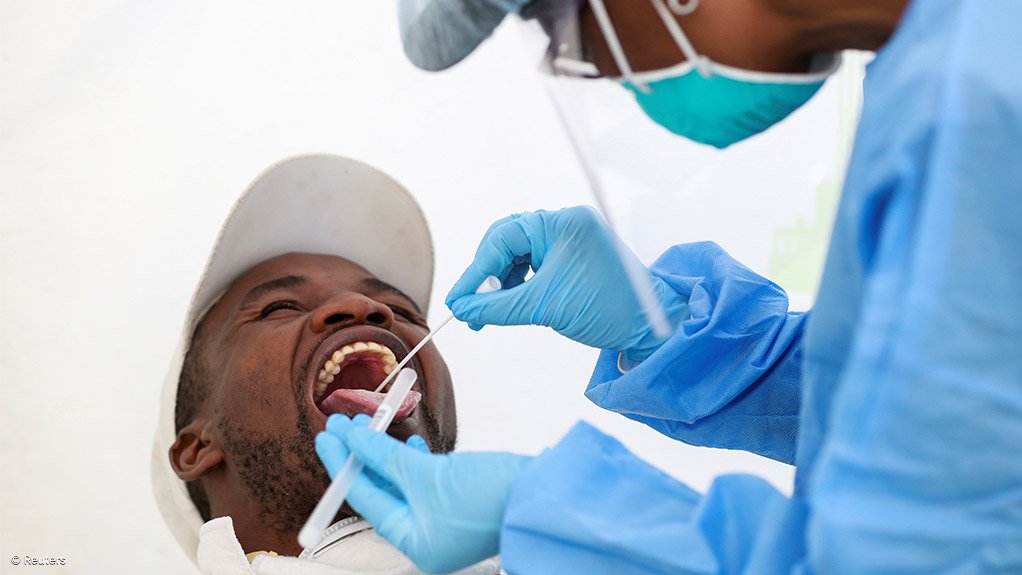The World Health Organisation (WHO) has urged African countries to exercise caution as they slowly ease their lockdown regulations during the deadly coronavirus (Covid-19) pandemic, warning that if measures are relaxed too quickly, Covid-19 cases could rapidly increase.
The WHO noted that the sub-Saharan Africa region had made significant progress since the first Covid-19 case was detected three months ago.
WHO regional director for Africa Dr Matshidiso Moeti said analysis had found that the number of days for case numbers to double in a given country increased during the lockdown period in most of the countries in sub-Saharan Africa.
“Three months since the first case of Covid-19 was reported in sub-Saharan Africa, it appears that the swift actions taken by African leaders and communities has slowed the spread of the virus. These actions came at great social and economic cost, particularly for the most vulnerable and there is an understandable push to lift the measures as rapidly as they were implemented. However, WHO urges countries to follow a step-by-step approach,” said Moeti.
According to the WHO’s initial analysis, a number of countries have begun easing their lockdowns and the impact on doubling time appears to vary depending on the timing and duration of the confinement measures.
The WHO says South Africa, which is following a robust testing programme, reported a particularly high number of Covid-19 cases and has seen its doubling time remain stable at around two weeks since confinement measures began relaxing.
“We must all remain vigilant. As more countries begin to ease confinement measures, it is vital that effective testing and surveillance systems are in place to detect any spike in cases,” said Moeti.
She said ending a lockdown was a process and advised that it was important to have a clear view of local conditions so informed decisions could be made about relaxing them.
The WHO has issued interim guidance to member States, which encourages a gradual adjustment of public health and social measures, while constantly assessing risks.
Beginning with the reopening of international airports, with a mandatory 14-day quarantine of all travellers, the guidelines progress through a series of steps for countries to take to regain some normalcy.
WHO says as countries open up, good hand hygiene, coughing and sneezing etiquette, physical distancing and the use of masks will remain part of the “new normal”.
The steps will need to be constantly adapted according to the trends in the data and maintained until the pandemic is contained or there is a vaccine or treatment for Covid-19 which is accessible to everyone.
“Now more than ever is a time for international solidarity,” said Moeti. “
The WHO said there was also a critical shortage of Covid-19 tests, personal protective equipment (PPE) and other medical supplies in Africa but hoped that as restrictions on movement were lifted, these goods would start flowing to the places and people that need them most.
Over the past three months, WHO had supported the delivery of nearly two-million pieces of PPE for health workers, including surgical masks, as well as more than 100 000 screening kits. The organisation is working with partners to ramp up the delivery of key supplies over the coming months.
Since the outbreak began, the WHO has developed national response plans to mobilise over $300-million for public health interventions.
Moeti said more than 900 WHO staff had been repurposed to support the response in the region, and WHO had trained more than 10 000 African health workers in a variety of topics relating to Covid-19, such as infection prevention and control, treatment, logistics, laboratory testing and risk communication.
EMAIL THIS ARTICLE SAVE THIS ARTICLE ARTICLE ENQUIRY
To subscribe email subscriptions@creamermedia.co.za or click here
To advertise email advertising@creamermedia.co.za or click here











